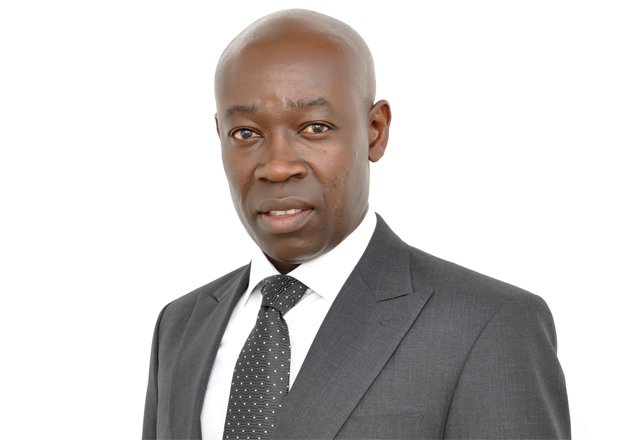
President Akufo-Addo
The Public Utilities Regulatory Commission(PURC) last week announced an upward adjustment in utility tariffs, effective September 2022.
As citizens are aware, government had, until now, been absorbing the bulk of utility costs in water and electricity since the outbreak of the COVID-19 pandemic.
Government’s decision to absorb that billions of Cedis was aimed at minimising the impact on ordinary, helpless households, with major beneficiaries being those in the vulnerable bracket in urban areas and in the countryside.
It is on record that the intervention benefited both industry and residential users of power and water.
Particularly for industry, however, the gesture by government was intended at sustaining productivity and preventing job losses that usually affect the disadvantaged worker with several dependants during layoffs.
The government’s support was also expressed in terms of credit facilities, particularly, for Small and Medium Scale Enterprises (SMEs), including informal economy market associations.
Primary benefits
That was beside the singular commitment on the part of government at ensuring that lives were not imperilled by the global scourge that put citizens in disadvantaged national economies like Ghana at jeopardy.
That meant rallying of resources, including drugs and specialised personnel, in an around-the-clock contingency aimed at saving lives in health facilities in regional and teaching hospitals, as well as district and CHIPS Compounds across the country.
We must appreciate, too, that health workers, including nurses, medical doctors, laboratory assistants and other para-medical staff, had to be financially motivated to endure the pressure to keep the health delivery systems running.
This was necessary in ensuring that the hundreds of thousands of patients as well as millions of Ghanaians at risk did not lose their lives.
Additionally, Ghana’s research institutions in health were under equal pressure to find temporary and enduring treatment in fighting the raging pandemic.
As we would admit, all these initiatives were at huge costs to government to support faster delivery of the fight against the dreaded pandemic.
Ultimate benefits
We must again appreciate that while billions went into the fight to sustain lives and livelihoods, Ghana also, by its exemplary effort at staying on top in Africa as a global partner, gained maximal recognition that would earn it global partnerships in accessing support to sustain the fight, apart from rights to produce anti-COVID drugs and vaccines.
That implied a boost for the pharmaceutical industry and creation of jobs for our teeming youthful population.
The truth is that, while Ghana may have lost quite a fortune fighting COVID-19, it gained in its commitment and innovation in invaluable terms into the future as a responsible nation and government.
In all that, we can find collective contentment that the fight had not been at a very huge cost in human lives like the case of the several African countries and even European and Asian economies, who lost the fight in precious human lives.
Recovering together
We may have overcome the fight as a nation committed to a worthy cause. What is, however, outstanding is how we manage the liabilities that accompanied the holy war against a pandemic that didn’t respect persons, including Heads of States and political appointees, nor the affluent and religious.
In picking those pieces, it is the opinion of the Daily Statesman that all Ghanaians – from households through industry to our residential communities – would appreciate how far we have collectively come, by supporting the introduction of the new utility tariffs.
It is also our opinion that the elected representatives of the people and other elevated citizens support the new tariffs rollout, rather than discourage compliance.
That is important in helping the masses of our people appreciate how far we have come and the need to share the burdens of development with ordinary citizens in getting to the destination that we aspire for ourselves and the next generations.







